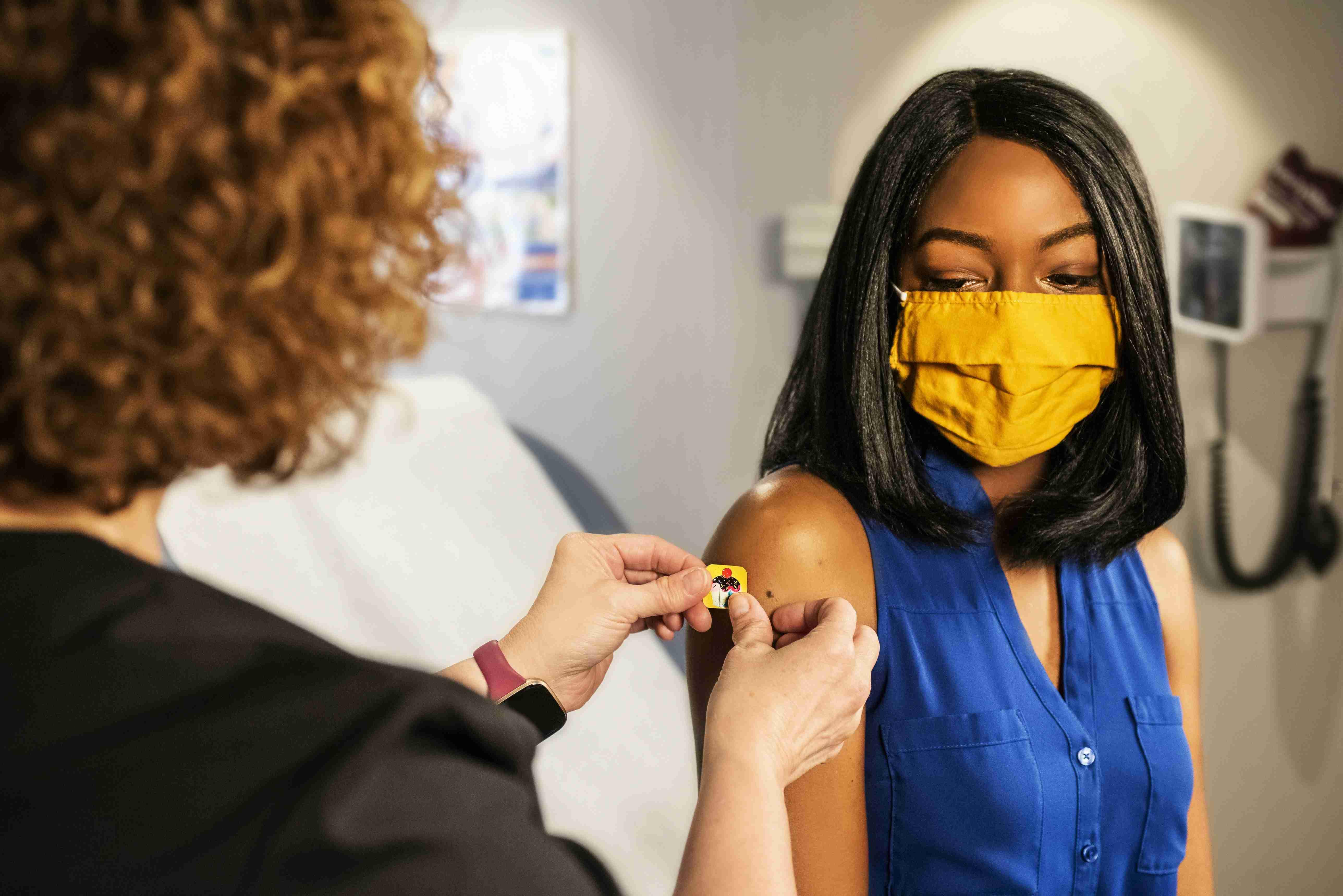Stanford Researchers Assert That the Shingles Vaccine Can Reduce Dementia Diagnoses
Health records support the theory that the shingles vaccine can reduce dementia diagnoses.
Published April 3 2025, 4:01 p.m. ET

Anytime public health officials and researchers declare a breakthrough in our understanding of infectious diseases, chronic conditions, and the benefits of vaccinations, intrigue abounds. In April 2025, Stanford researchers published their fascinating findings that show supporting evidence that there may be one way to reduce our collective diagnoses of dementia.
Though some symptoms and red flags are helpful to know, and rudimentary tests may exist, the Stanford team's findings are promising.
Based on one country's health records, the findings of the Stanford study are exciting for the future of dementia research and, hopefully, prevention. Continue reading to understand the nuances of the researchers' findings, what this means for those concerned about dementia diagnoses, and if a certain vaccine — with your primary care doctor's guidance — may be right for you.

All about the shingles vaccine dementia study:
According to the Stanford Medicine News Center, a team of Stanford Medicine researchers analyzed the health records of older adults in Wales. The team found that, compared to those who did not receive the shingles vaccine, older adults who did receive the shingles vaccine were a remarkable 20% less likely to be diagnosed with dementia in the ensuing seven years.
The research, published in Nature on April 2, found that the herpes zoster vaccination — the vaccination that is designed to prevent shingles — was protective against dementia. The research team analyzed the health records of more than 285,000 older adults in Wales, and the findings were fascinating.
Per the "New diagnoses of dementia" section of the publication: "During our seven-year follow-up period, 35,307 among 282,541 adults in our sample were newly diagnosed with dementia."
The researchers make a point to discuss at length how the study accounts for variables that could affect the integrity of their assertions. As the Stanford Medicine News Center points out, past studies showing this link contained methodology issues.
“All these associational studies suffer from the basic problem that people who get vaccinated have different health behaviors than those who don’t,” senior author Pascal Geldsetzer, MD, PhD, an assistant professor of medicine, said.
This study, however, took many factors into account. “What makes the study so powerful is that it’s essentially like a randomized trial with a control group — those a little bit too old to be eligible for the vaccine — and an intervention group — those just young enough to be eligible,” Geldsetzer told the Stanford Medicine News Center.
“It was a really striking finding,” he added. “This huge protective signal was there, any which way you looked at the data.”
Who is eligible for the shingles vaccine?
According to NBC News, at least in the U.S., the shingles vaccine is only offered to individuals aged 50 and older. The vaccination is administered in two doses spaced six months apart.
According to a resource from the Centers for Disease Control and Prevention (CDC), individuals age 50 and older should receive the shingles vaccine irrespective of whether they have experienced herpes zoster (i.e., shingles) in the past.
Additionally, per the CDC, immunocompromised individuals who are 19 years of age and older may receive the shingles vaccine if they "will be immunodeficient or immunosuppressed because of disease or therapy."
Of course, other health factors may affect these recommendations. Consult your primary care provider to assess whether and when the shingles vaccination is appropriate for you and your family.